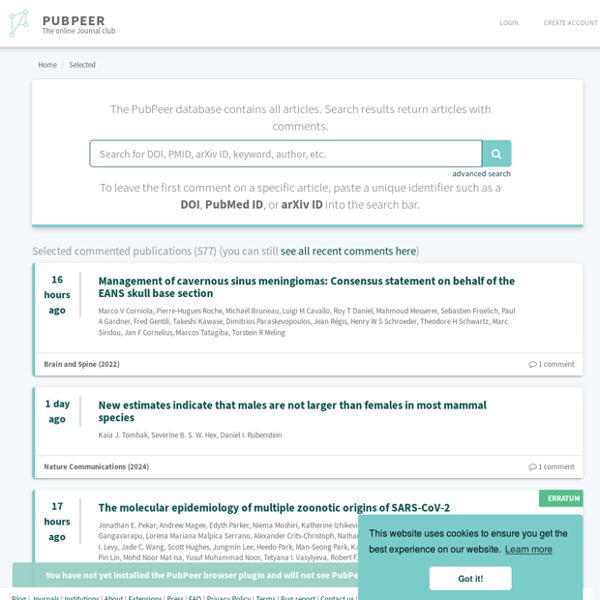



Searching for Health Le calendrier des 365 journées mondiales en dataviz. Plus de journées dans est disponibleen librairie Abonnez-vous pour recevoirles nouvelles dataviz Chaque jour Une fois par semaine Votre e-mail ne sera jamais communiqué à des tiers Merci de votre abonnement à 365data Un e-mail de confirmation vient de vous être envoyé Si vous ne le recevez pas Il a pu rejoindre votre dossier spam : enregistrez today@365data.frdans votre carnet d’adresses et cela ne se reproduira plus Si vous avez un compte Gmail, il a pu se loger dans l’onglet «Notifications»ou «Promotions». Votre abonnement a été mis à jour Vous pouvez offrir une journée à un(e) ami(e). Merci pour votre ami(e) ! Votre cadeau a bien été pris en compte Quelque chose nous a intrigué dans ces journées officielles qui rythment le calendrier des organisations internationales et des médias. 365data est un projet original de l'agence de dataviz WeDoData. Merci ! Vous suivez désormaisles aventures de 365 data Si vous ne recevez pas votre 1re newsletter dès demain Rendez-vousle jour du cadeau !
Une enquête pointe le poids écrasant des fausses informations sur Facebook en matière de santé Sur les 12 derniers mois, l'algorithme de Facebook a permis aux plateformes diffusant de fausses informations sur les questions de santé d'atteindre 3,8 milliards de vues. Avec un pic en avril, au moment où la propagation du Covid-19 s'est accélérée à travers le monde. Facebook en fait-il suffisamment pour empêcher les fausses informations sanitaires de se répandre. Non, selon une enquête de l'ONG spécialisée dans le militantisme en ligne Avaaz, que France Inter a pu consulter. Les auteurs de l'étude se sont focalisés sur cinq pays : les États-Unis, le Royaume-Uni, l'Allemagne, l'Italie et la France. Pic de fausses informations en avril Ainsi, selon les enquêteurs d'Avaaz, l'algorithme de Facebook a permis aux réseaux diffusant des informations erronées à propos des questions de santé d’atteindre 3,8 milliards de vue sur les 12 derniers mois. Encore plus préoccupant : ces vecteurs de fausses informations écrasent les sources fiables, note Avaaz. Des sites et des pages publiques épinglés
Le Japon autorise la création d'embryons humains-animaux Un scientifique japonais est devenu le premier à obtenir l’accord de son gouvernement pour la création d’embryons « hybrides », soit des embryons d’animaux contenant des cellules humaines. Jusque-là bannie par la législation du pays, la pratique controversée et considérée comme contraire à l’éthique a reçu l’approbation du ministère des Sciences nippon depuis mars dernier, rapporte Nature. Hiromitsu Nakauchi, qui dirige des équipes de chercheurs à l’université de Tokyo et à l’université Stanford en Californie, prévoit de cultiver des cellules humaines dans des embryons de souris et de rats avant de tenter l’expérience sur des porcs ou des moutons. Le but ultime de Nakauchi est de produire des animaux portant des organes constitués de cellules humaines, qui pourront être par la suite transplantés chez l’homme. Source : Nature
Les décisions absurdes en santé Christian Morel, auteur de trois ouvrages sur les "décisions absurdes" avait sous-titré le premier tome “Sociologie des erreurs radicales et persistantes”. Cet essai publié en 2002 est devenu un best-seller maintes fois primé. La santé occupe une bonne place dans ce bêtisier de la gestion. Les décisions absurdes les plus fascinantes concernent le transport : deux pétroliers qui se croisent et se lancent dans une manoeuvre d’évitement pour finir par se percuter alors qu’il aurait suffi qu’ils gardent leur cap pour éviter la catastrophe. La santé n’est bien sûr pas épargnée : erreur de côté lors d’une opération ou de diagnostic aux urgences. Comment échapper à ces décisions absurdes ? C’est tentant, mais c’est idiot. Ces règles rigides constituent le thème du troisième tome des décisions absurdes, publié l’année dernière. Tout cela est connu de longue date, mais n’empêche pourtant pas les autorités sanitaires de fonder l’évaluation de la qualité des soins sur le respect des procédures.
E-santé Le Twhit20, qu’est-ce que c’est ? Le Twhit20, ce n’est pas un outil pour mesurer l’influence. On ne saurait en aucun cas réduire l’influence à un nombre de followers. D’ailleurs, peut-on vraiment mesurer l’influence sur Twitter ? Le Twhit20, ce n’est pas non plus un outil infaillible. Mais alors, c’est quoi ? Le Twhit20, c’est comme les sondages : c’est une photographie prise à un instant T, et qui n’a d'intérêt que si elle est analysée sur le long terme. Le Twhit20, c’est aussi un outil ludique. Le Twhit20, c’est également un outil pour enrichir vos articles. Enfin, le Twhit20 c’est un outil pratique.